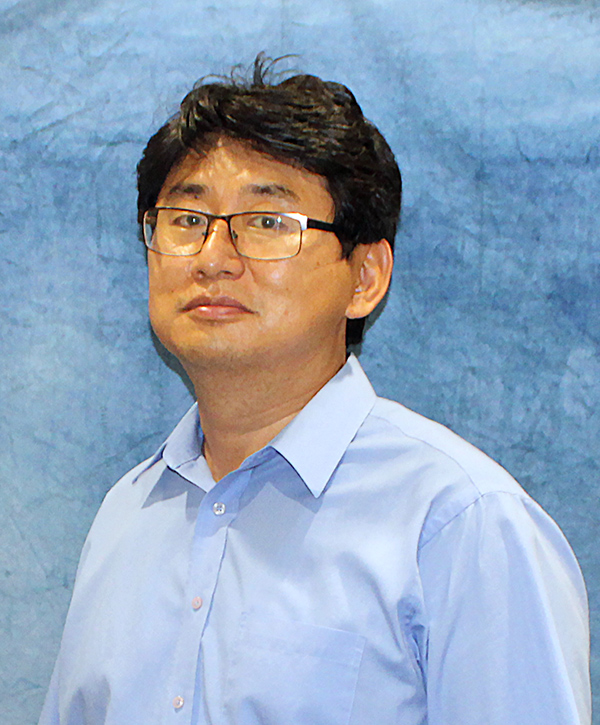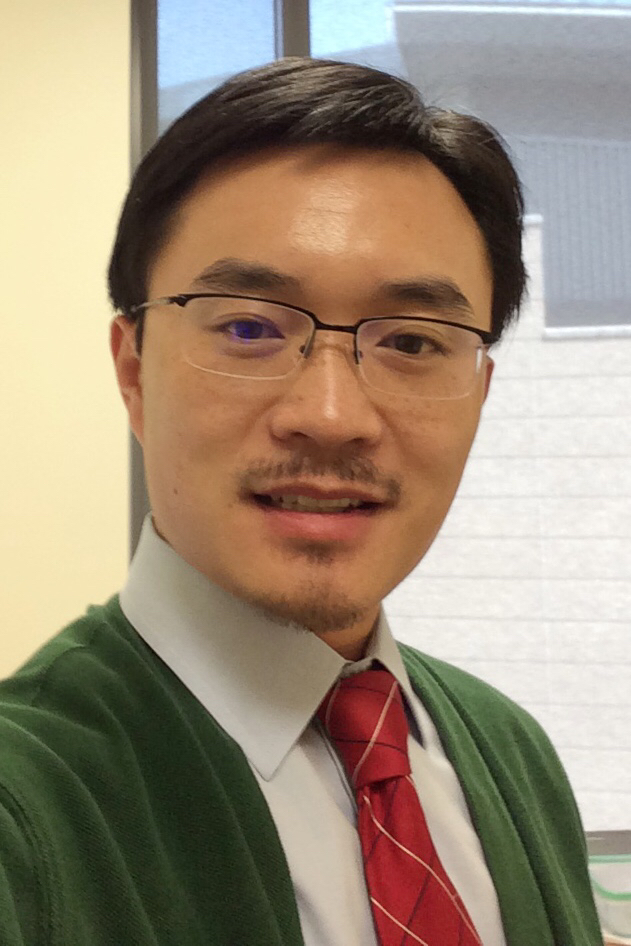Pharmacometrics and Systems Pharmacology (PSP)is an interdisciplinary science to study drug actions and rational development of new drugs through network analysis, multitype-multiscale modeling and simulations "mechanism-driven", as well as data analysis "data-driven". The PSP track is a leading education program of pharmacometrics and computational systems pharmacology.
PSP group video
Research Group |
Research Directions |
|
|---|---|---|

|
Associate Dean of PharmacoAnaltyics, |
|

|
Assistant Professor of Pharmaceutical Sciences |
|

|
Research Assistant Professor of Pharmaceutical Sciences |
|

|
Research Assistant Professor of Pharmaceutical Sciences |
|

|
Associate Professor of Pharmaceutical Sciences |
|

|
Assistant Professor of Pharmacy and Therapeutics |
|

|
Associate Professor of Pharmaceutical Sciences |
|
• Applications must be submitted byJanuary 4thto be considered for the Fall semester. There are no Spring semester admissions.
• Applications must be submitted electronically throughPharmacy Graduate Application Service(PharmGrad).

We encourage and support our students to attend national conference and present their works.
We send our student to industry for internship to earn work experience and social connections.
We collaborate with scientists from both industry and academy to offer our students best education.
The University of Pittsburgh is one of the world’s foremost research institutions (Ranked 57th Best National Universities in 2017 by US News). University of Pittsburgh fosters multidisciplinary approaches and rigorous scientific training — providing an ideal environment for growth as a professional in academia or industry. Pitt attracts and retains pre-eminent researchers while maintaining a culture that promotes research in diverse areas.
The University of Pittsburgh School of Pharmacy has one of the best pharmacy programs (Ranked 9th in 2016 by US News). It provides versatile educational programs at both the MS and PhD/PharmD levels. The School also hosts two innovation computing centers: Computational Chemical Genomics Screening Center (CCGS) and NIH National Center of Excellence for Computational Drug Abuse Research (CDAR) researchers while maintaining a culture that promotes research in diverse areas.